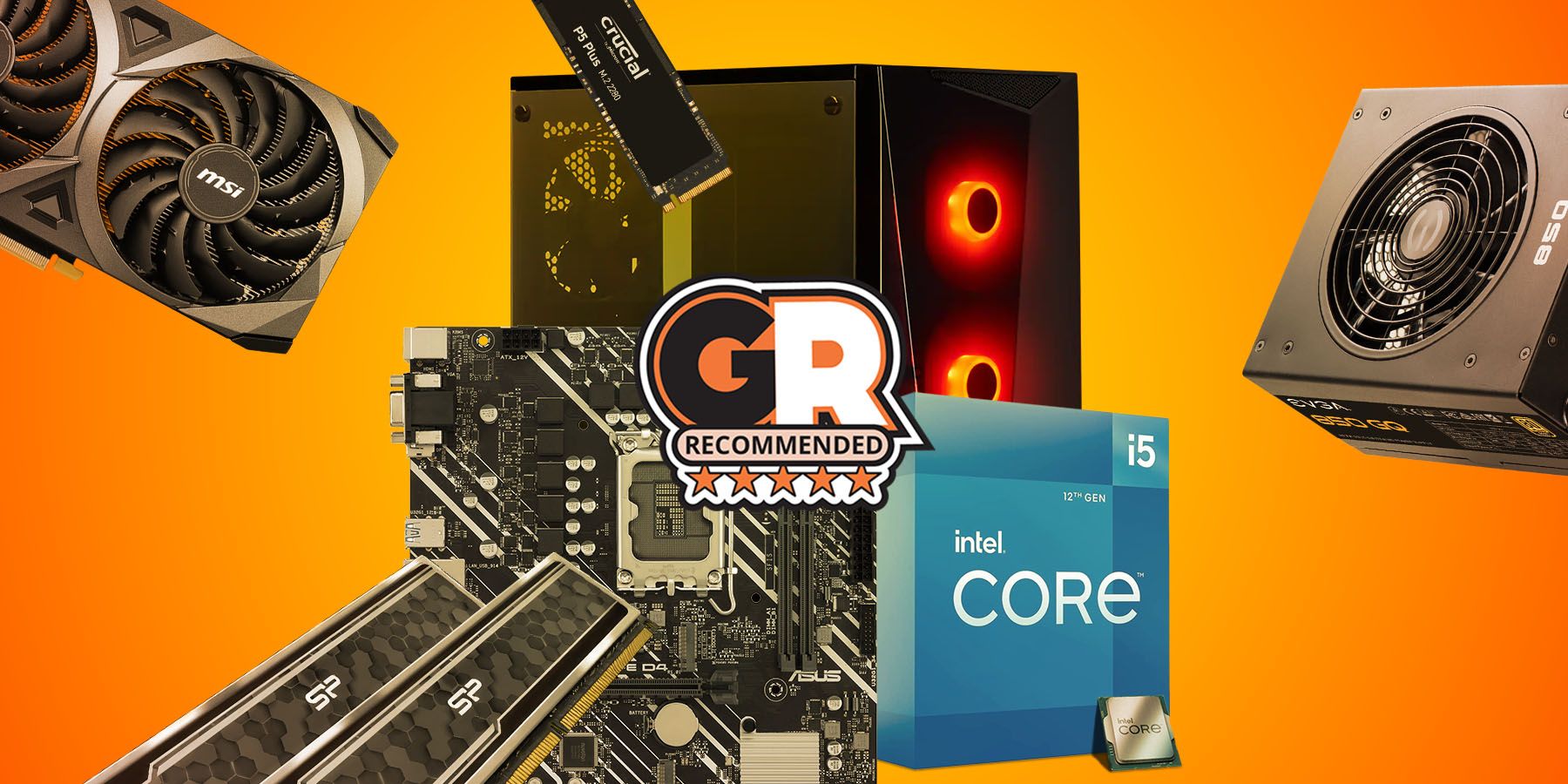
Is $1000 a Lot for a Gaming PC?: Is 00 Dollars A Lot For A Gaming Pc?
Is 00 dollars a lot for a gaming pc? – Determining if $1000 is a substantial amount for a gaming PC depends heavily on several factors. It’s not a simple yes or no answer; the value proposition depends on the intended use, desired performance, and current market conditions.
Defining “A Lot”
Several factors influence whether $1000 is a significant investment for a gaming PC. The intended use case—casual gaming, competitive gaming, or streaming—significantly impacts the necessary performance. High-end gaming demands components with higher processing power. Furthermore, the desired performance level dictates the components needed. Lastly, the current market price of components, particularly graphics cards, fluctuates significantly, impacting the overall cost of a PC. Consequently, a $1000 budget might yield a high-end machine in one period, but a mid-range machine in another.
Typical price ranges for gaming PCs vary greatly depending on the configuration. Entry-level systems generally cost between $500 and $800. Mid-range PCs typically fall between $800 and $1500. High-end gaming PCs can exceed $1500.
Browse the multiple elements of Slot paylines info to gain a more broad understanding.
| Configuration | Price | Features |
|---|---|---|
| Entry-Level | $500-$800 | Integrated graphics, basic CPU, and storage; sufficient for casual gaming. |
| Mid-Range | $800-$1500 | Dedicated GPU, more powerful CPU, and faster RAM; suitable for most games at medium settings. |
| High-End | >$1500 | High-end GPU, CPU, and RAM; capable of running demanding games at high settings and resolutions. |
Component Cost Breakdown
The price of a gaming PC is primarily driven by the cost of its components. The CPU, GPU, RAM, storage, and cooling system each contribute to the overall cost. The relationship between component performance and price is generally direct; more powerful components usually cost more.
Get the entire information you require about Betting forums and chats on this page.
Variations in component quality and performance also affect pricing. A higher-end CPU or GPU will deliver significantly better performance compared to a more basic model, and that often comes with a higher price tag. RAM and storage capacity also affect price, with faster RAM and larger storage drives generally costing more.
| Component | Price Range | Performance Impact |
|---|---|---|
| CPU | $50-$500+ | Determines processing speed and multitasking capabilities. |
| GPU | $100-$1500+ | Crucial for graphical rendering; impacts frame rates and visual quality. |
| RAM | $20-$300+ | Impacts multitasking and application responsiveness. |
Alternative Options, Is 00 dollars a lot for a gaming pc?

Alternative options exist to buying a pre-built gaming PC. Building a PC yourself offers potential cost savings but requires technical expertise and potentially more time. Renting gaming PCs provides a flexible option, suitable for occasional or specific gaming needs.
You also can understand valuable knowledge by exploring Betting forums and chats.
| Option | Pros | Cons | Estimated Cost |
|---|---|---|---|
| Pre-built | Convenience, readily available, potentially less technical issues. | May not be perfectly tailored to your needs, potential for overpaying for included features. | $1000 |
| Self-built | Potential for significant cost savings, complete customization. | Requires technical knowledge and potentially more time. | $800-$1200+ (depending on components) |
| Rented | Flexibility, no need to own the hardware. | May have limited availability, potential for lower performance in peak hours, subscription cost. | $15-$30/month (variable) |
Performance Expectations
A $1000 gaming PC can deliver a wide range of performance depending on the specific configuration. The expected frame rates and graphical settings will be mid-range, suitable for many games at medium settings. Performance may not match the capabilities of a high-end PC.
Obtain a comprehensive document about the application of Online game slots guides that is effective.
| Game | Minimum Specs | Recommended Specs | Expected Performance |
|---|---|---|---|
| [Example Game 1] | [Minimum specs] | [Recommended specs] | [Expected performance description, e.g., playable at medium settings] |
| [Example Game 2] | [Minimum specs] | [Recommended specs] | [Expected performance description] |
Current Market Trends
The gaming PC market is constantly evolving. Fluctuations in component prices, particularly GPUs, directly impact the overall cost of gaming PCs. Supply chain issues and increased demand often lead to price hikes.
Demand for high-end components often outpaces supply, leading to price increases and potential shortages. Emerging technologies like ray tracing and AI integration may lead to new cost factors in the future.
Illustrative Examples
Several $1000 gaming PCs are available on the market, offering a variety of configurations and performance levels. Specific models may vary depending on the retailer and current market conditions.
| PC Example | Configuration | Performance | Pros | Cons |
|---|---|---|---|---|
| [Example PC 1] | [Configuration details] | [Performance description] | [Pros of the example PC] | [Cons of the example PC] |
| [Example PC 2] | [Configuration details] | [Performance description] | [Pros of the example PC] | [Cons of the example PC] |
Value Proposition
A $1000 gaming PC offers a balance of performance and affordability, typically catering to casual and moderate gamers. It represents a good value proposition compared to a high-end PC but may not deliver the same level of performance as more expensive alternatives.
Browse the multiple elements of Betting results tracking to gain a more broad understanding.
Choosing a $1000 gaming PC involves trade-offs. You gain convenience and a good level of performance but may need to compromise on the highest possible settings and frame rates in some demanding games.